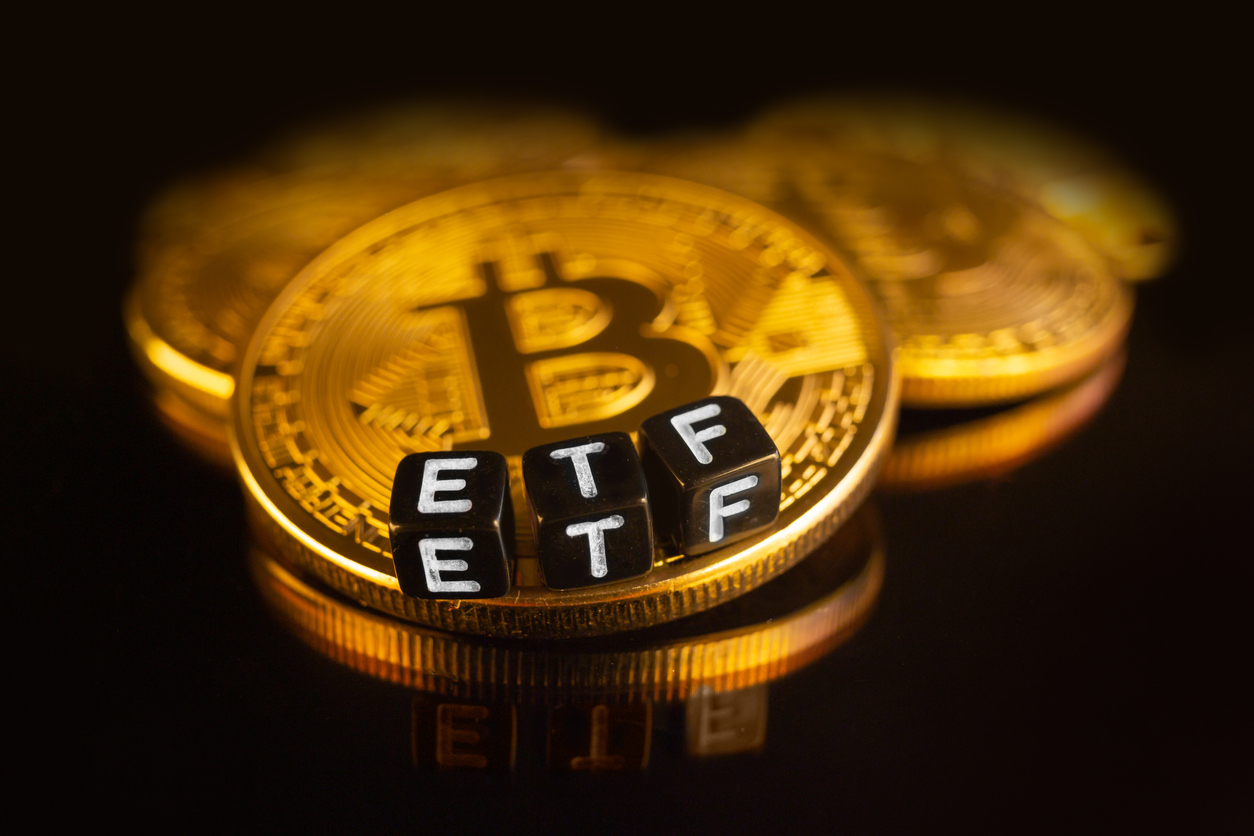
According to persons familiar with the situation, the Securities and Exchange Commission is prepared to allow the first U.S. bitcoin futures exchange-traded fund to begin trading, ushering in a watershed moment for the cryptocurrency industry.
According to the persons who asked not to be identified while discussing the issue, the regulator is unlikely to prevent the items from going on sale next week. Unlike previous bitcoin ETF applications that were rejected by the SEC, the proposals by Proshares and Invesco are based on futures contracts and were filed under mutual fund rules that Sec Chairman Gary Gensler has stated give "substantial investor safeguards."
Unless there is a last-minute change, the fund debut will mark the end of a nearly decade-long effort by the $6.7 trillion ETF industry. Since Cameron and Tyler Winklevoss, the twins best recognized for their role in the development of Facebook, filed the first application for a bitcoin ETF in 2013, advocates have sought approval as a confirmation of popular acceptance of cryptocurrencies.
For years, clearance has eluded issuers who have attempted to get a number of alternative structures cleared for trade despite numerous false indications of progress and outright rejections. Over the years, there have been plans for funds to hold bitcoin in a digital vault or to employ leverage to boost profits. Others attempted to decrease bitcoin's well-known volatility, which was a major bone of contention for the community.
The SEC has previously claimed that the crypto industry is riddled with investor dangers. The sec was concerned that prices may be manipulated and liquidity would be insufficient, and that bitcoin's wild price swings would be too much for regular investors. Bitcoin's last three full-year results were a 74% loss, followed by a 95% gain, and a 305% gain. Furthermore, the SEC has questioned whether funds would have the required information to properly evaluate cryptocurrencies or comparable items. There have also been concerns raised regarding the legitimacy of the coins owned by funds, as well as the threat posed by hackers.